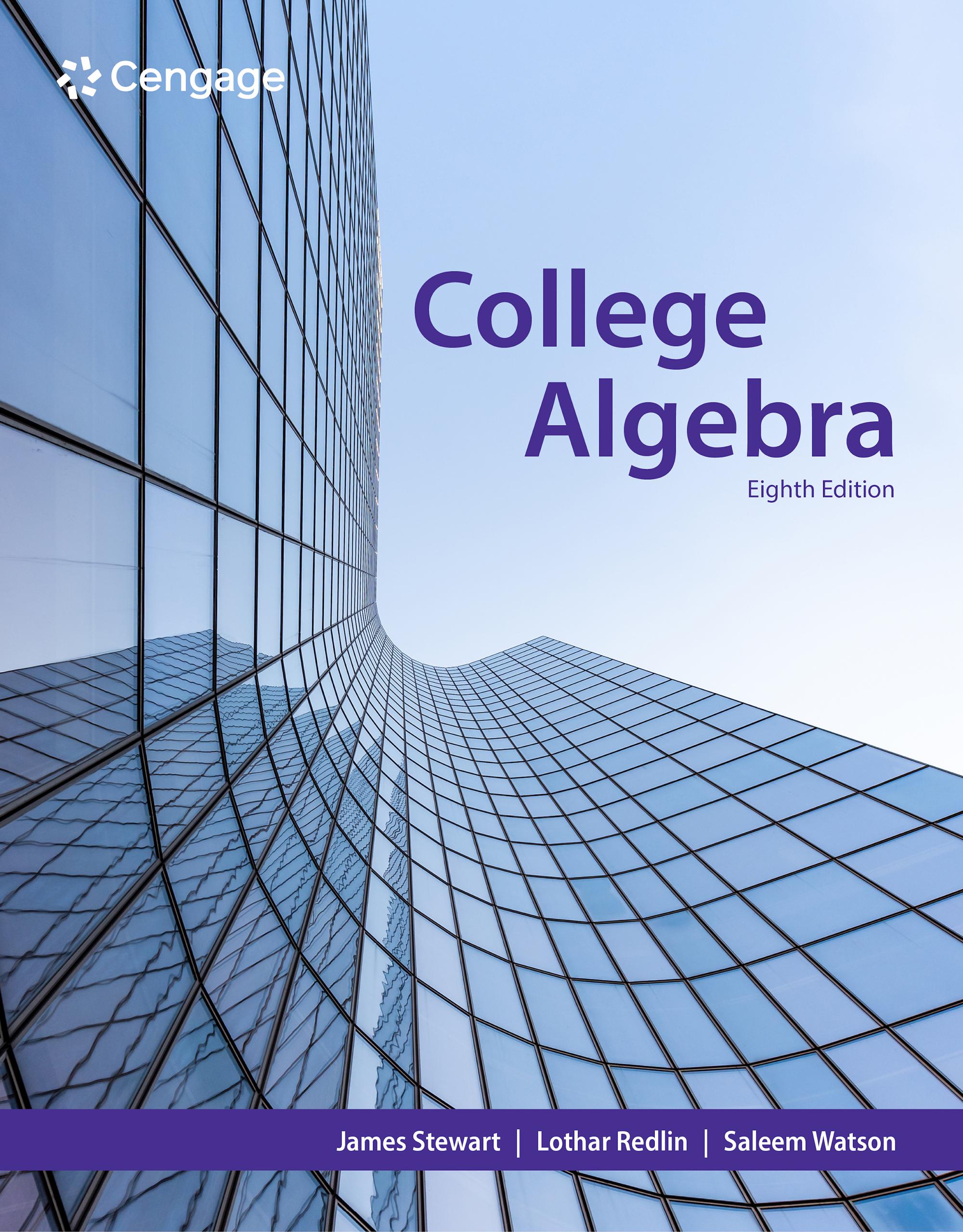
CPEN18 CPE Laws and Professional Practice
This course provides the importance of the professional and ethical responsibilities of practicing computer engineers and the effects of their work on society; the importance of understanding contemporary issues, lifelong learning strategies; and applicable IT laws in the field of computer engineering.

Method of Research
This course provides
essential ideas, concepts and principles in methods of research, as well as the
important skills needed by the researcher in the various techniques and
procedures in the correct preparation and presentation of research report.
Required output is a project proposal.

Computer Engineering as A Discipline - GCR
The material in this course covers both the Computer Engineering curriculum and how to get ready students for achievement by educating them about the method of engineering design, moral decision-making, collaboration, and effective communication with a variety of people in general.
